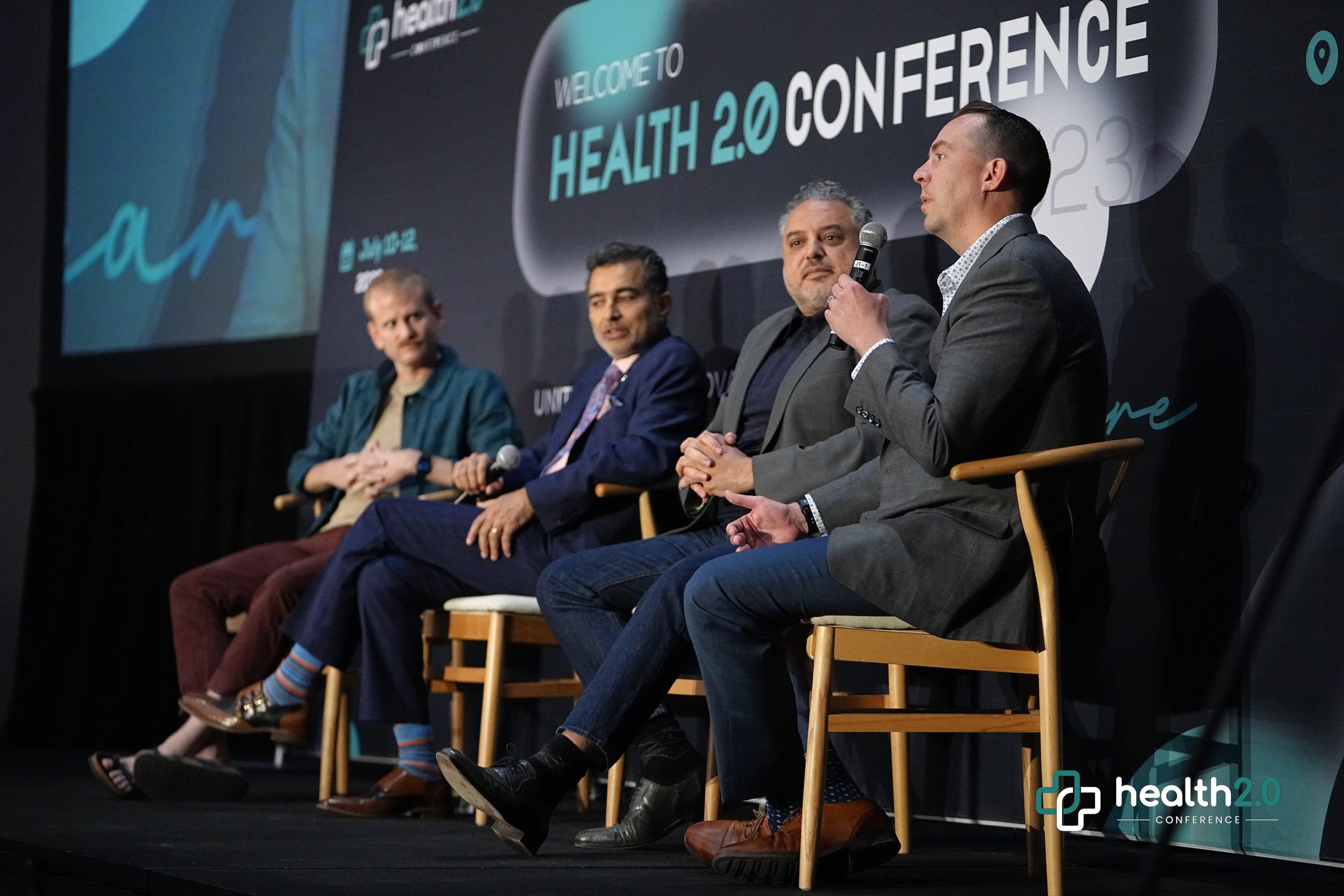
In healthcare and wellness, ensuring the legitimacy of medication distribution is paramount. Unfortunately, the impact of unlicensed and unregulated distributors can be dire for many. Such an illegal practice poses significant risks to one’s health and financial well-being.
In this regard, industry experts at the Health 2.0 Conference unanimously agree on identifying and avoiding such fraudulent entities. This blog explores the consequences of dealing with unlicensed medication distributors. Health professionals at the event provide strategies for identifying legitimate ones and offer a glimpse into a scam-free healthcare and wellness landscape.
Table of Contents
Effects Of Unlicensed And Unregulated Medicine Distribution
The consequences of unlicensed and unregulated medication distributors are severe. The scammers exploit vulnerable consumers, putting their health at risk. Here are some of the key implications and risks associated with this practice:
Safety Concerns: Unlicensed and unregulated medicines may not undergo the necessary quality control, testing, and inspection processes that licensed and regulated medications do. As a result, these medicines may be contaminated, counterfeit, expired, or improperly stored, posing severe health risks to consumers.
Ineffectiveness: Unregulated medicines may not contain the active ingredients they claim or may have incorrect dosages, rendering them ineffective in treating the intended medical conditions. This practice can lead to delayed or inadequate treatment, allowing disease progress.
Health Risks: Consuming unregulated medicines can lead to adverse reactions, allergies, and other health complications. It may also contribute to drug resistance, as substandard or counterfeit medications may not effectively eliminate pathogens, allowing them to adapt and become more resistant to treatment.
Lack Of Accountability: Unlicensed and unregulated distributors often operate outside the purview of health authorities, making it difficult to trace the source of problematic medications or hold responsible parties accountable for distributing substandard or counterfeit drugs.
Undermining Healthcare Systems: Unlicensed and unregulated medicine distribution can erode trust in healthcare systems and licensed healthcare providers. Patients may turn to unregulated sources out of desperation or lack access to affordable healthcare, further undermining public health efforts.
Given these severe consequences, it is imperative to understand how to identify unlicensed and unregulated medication distributors to safeguard one’s health and finances.
Identifying Irregularities In The Distribution
Spotting unlicensed and unregulated medication distributors can be a challenging task. According to experts gearing up for upcoming healthcare events in Dubai, scammers often employ sophisticated tactics to appear legitimate. However, there are telltale signs that consumers can watch for:
Lack Of Licensing Information: Legitimate medication distributors must have proper licensing and registration. Consumers should check for this information on the distributor’s website or request it directly.
Suspiciously Low Prices: Be wary of distributors offering medications at prices significantly lower than the market average. If a deal seems too good to be true, it likely is.
Missing Contact Information: A legitimate distributor will provide clear contact information, including a physical address and a working phone number. Be cautious if this information is absent or difficult to find.
No Prescription Required: Many medications require a prescription from a qualified healthcare provider. Approach Distributors selling prescription medications without a valid prescription cautiously.
Poor Online Reputation: Check online reviews and ratings for the distributor. Legitimate distributors often have a history of positive reviews and satisfied customers. Conversely, a high number of negative reviews may indicate fraudulent activity.
Inadequate Packaging And Labeling: Genuine medications come with proper packaging and labeling. Counterfeit drugs may have misspelled labels, unusual packaging, or other irregularities.
Health researchers attending healthcare conferences in 2024 urge patients to watch out for unsolicited medication offers via email or phone calls. They noted that legitimate distributors do not typically engage in such practices.
By remaining vigilant and considering these factors, individuals can reduce the risk of unlicensed and unregulated medication distributors. Conducting thorough research and seeking advice from trusted healthcare professionals can help make informed decisions.
Strategies Ensuring Legitimate Medicine Distributors
It is essential to adopt the following strategies and to ensure that one is dealing with legitimate medication distributors:
Consult Healthcare Professionals: Seek guidance from healthcare providers or pharmacists. They can recommend trusted sources for obtaining medications.
Verify Licensing: Always verify the distributor’s licensing and registration information. Cross-check this information with relevant authorities if necessary.
Check For Certifications: Some distributors may have industry certifications that signify legitimacy.
Use Reputable Pharmacies: Whenever possible, purchase medications from well-established and reputable pharmacies, either in person or through their online platforms.
Be Cautious Online: When buying medications online, opt for established online pharmacies with a clear track record of legitimacy. Avoid purchasing from unfamiliar websites.
Inspect Medications: Examine the medications you receive carefully. Check the drugs’ packaging, labeling, and appearance to ensure they match your expectations.
Report Suspected Fraud: If you suspect you’ve encountered an unlicensed or fraudulent distributor, report it to relevant authorities, such as the FDA or your country’s regulatory agency.
A Look At The Scam-Free Healthcare And Wellness Landscape
Achieving a scam-free healthcare and wellness landscape is an attainable goal, provided individuals and regulatory bodies work together. Creating a transparent and trustworthy healthcare system can help prevent scams and fraud.
Dealing with unlicensed and unregulated medication distributors can be catastrophic, affecting health and finances. As highlighted by the healthcare professionals at the Health 2.0 Conference, identifying these fraudulent entities requires scrutiny. Experts suggest adopting strategies to ensure legitimate medication sources are essential. By working together, the health industry can envision a future where scams and fraud no longer threaten our well-being.



